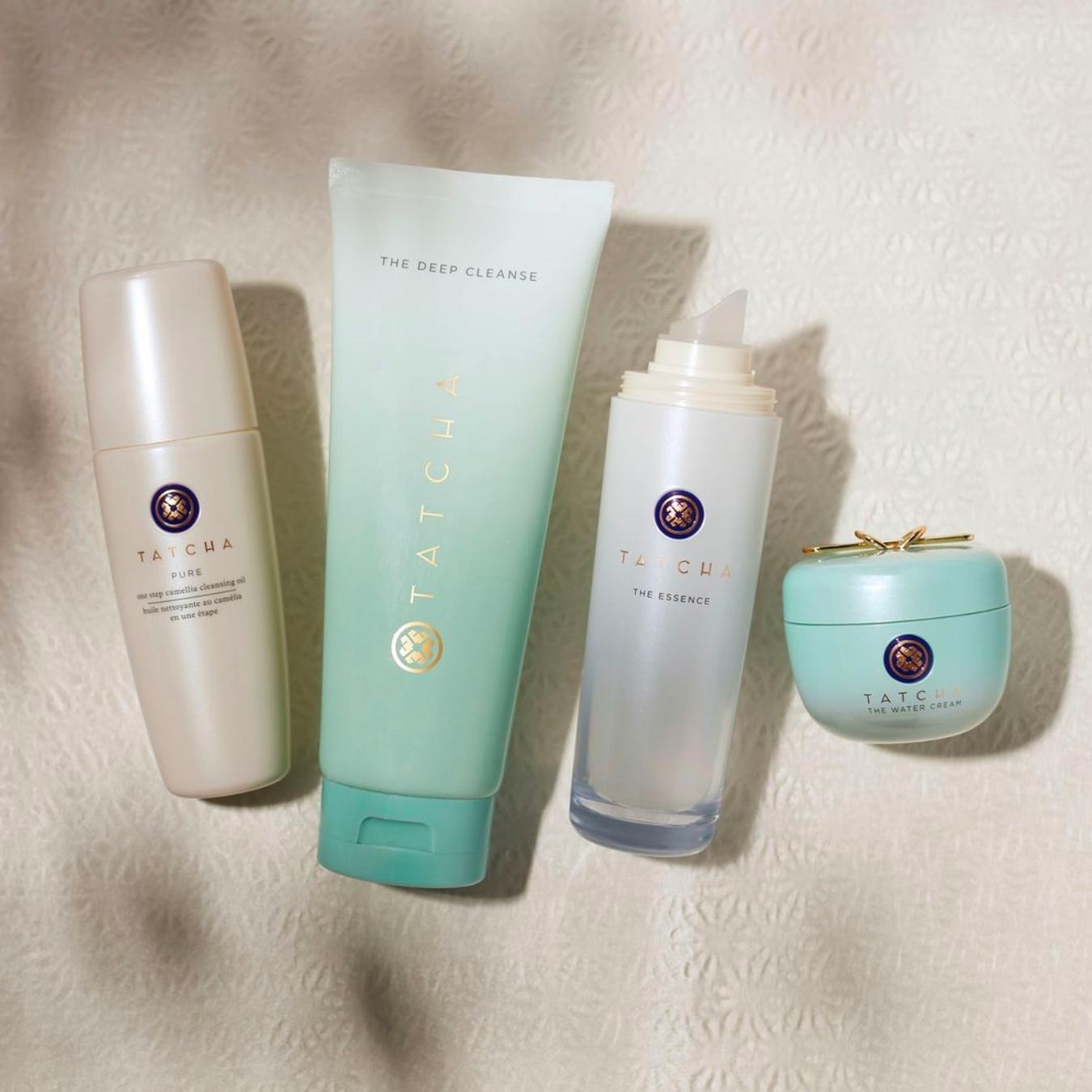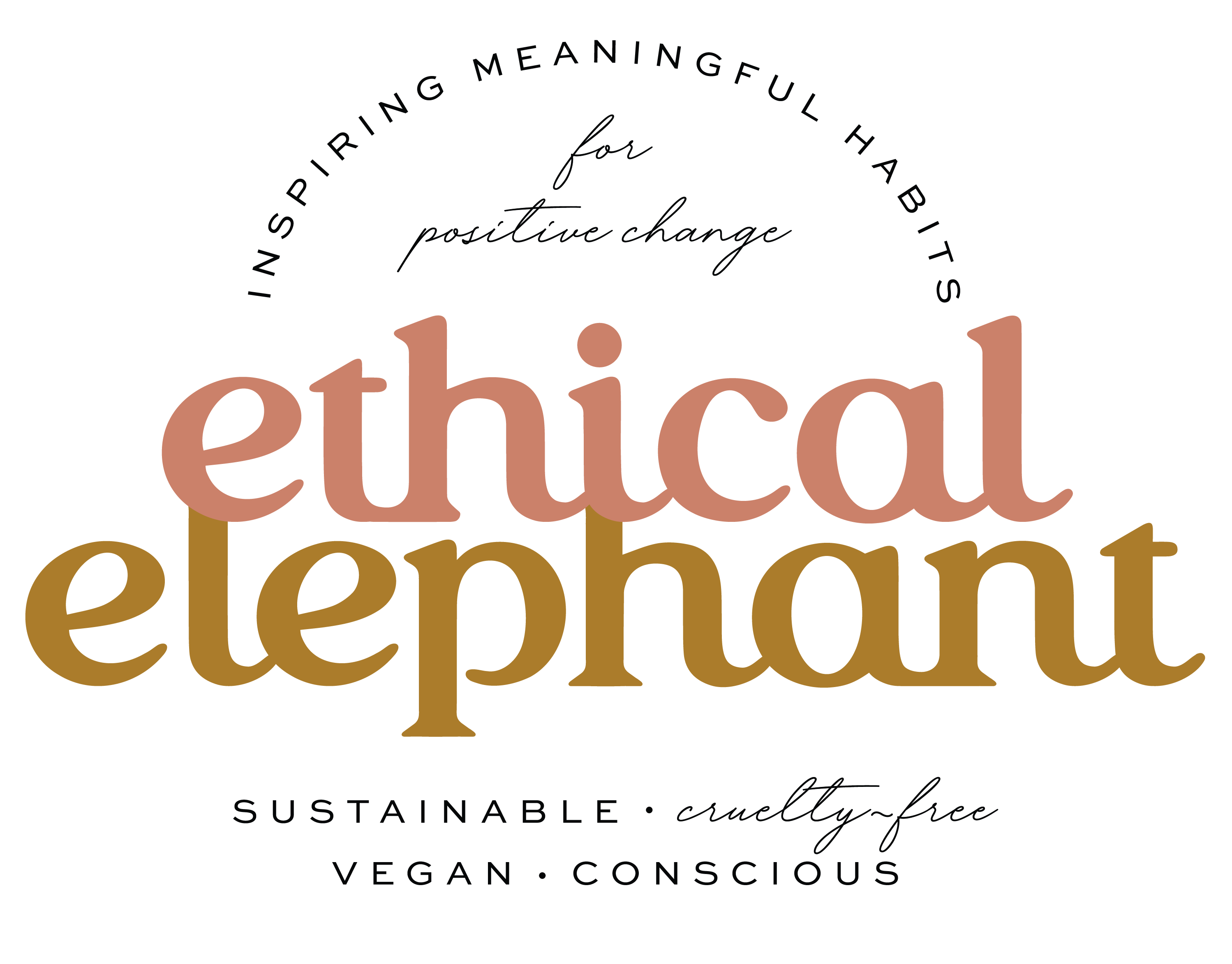This post may contain affiliate links that at no additional cost to you, I may earn a small commission.
You can find Tatcha cruelty-free products at tatcha.com, Sephora, and Amazon.
Tatcha is *Cruelty-Free
Tatcha has confirmed they do not test their products or ingredients on animals or ask others to test on their behalf. Their suppliers also do not test on animals, nor do they allow their products to be tested on animals when required by law. And finally, their products are not sold in stores in mainland China or any other country that may require animal testing.
By our standards, we would consider Tatcha to be *Cruelty-Free.
*Tatcha is owned by Unilever, a corporation that is NOT cruelty-free because they allow some of their other brands to test on animals.
It’s your choice whether you want to support or boycott cruelty-free brands owned by a parent company that is not cruelty-free. There is no ‘right’ or ‘wrong’ answer to this. I encourage you to do what you’re comfortable with, but I think it’s important to disclose that Unilever owns Tatcha.
What About China’s Animal Testing Laws?
Tatcha has confirmed they only sell their products in Hong Kong. And since Hong Kong is not part of mainland China, they do not have the same animal testing laws that would require Tatcha to test on animals.
“Our collection is currently available in select Barneys New York locations and select Joyce Beauty Hong Kong locations. Hong Kong does not require the same animal testing as mainland China, so please do rest assured that we stand by our policy in every country.”
As long as Tatcha is selling in Hong Kong or online-only, then they are not required to test on animals per China’s animal testing laws.
In addition, as of May 1, 2021, some imported ordinary cosmetics can be exempt from animal testing under certain conditions. However, for the most part, animal testing is still legally required for most imported cosmetics in 2022.
Cruelty-Free Policies
Note that there is no legal definition for the label ‘Cruelty-Free.’ It can mean different things to different people. But Cruelty-Free is generally used to imply no animal testing. More specifically, the ingredients, formulation, or finished product are not tested on animals at any stage of product development.
At ethical elephant, we always assess a company’s cruelty-free policy using our Cruelty-Free Checklist. This ensures no animal testing was performed by the brand itself, its suppliers, or any third parties.
Also, note that Cruelty-Free and Vegan don’t always mean the same thing.
Tatcha is Not 100% Vegan
‘Vegan’ in cosmetics can refer to an entire brand that is 100% Vegan or a specific product is vegan.
In the case of Tatcha, not all of their products are vegan. But they have some products that are suitable for vegans.
How to know which of Tatcha products are vegan?
You can find out which of their products are vegan on this specific page on Tatcha’s website.
Tatcha Vegan Product List
In addition, below is a list of Tatcha’s products that are suitable for vegans and do not contain any animal-derived ingredients or by-products.
- Aburatorigami Japanese Beauty Papers
- Ageless Enriching Renewal Cream
- Camellia Gold Spun Lip Balm
- Gold Camellia Beauty Oil
- Pure One Step Camellia Cleansing Oil
- The Essence
- The Rice Polish: Deep
- The Rice Polish: Gentle
- The Rice Wash
- The Water Cream
- Violet-C Brightening Serum
NOT VEGAN – Tatcha
Below is a list of products from Tatcha that contain some sort of animal-derived ingredients like royal jelly, sericin (derived from silkworms), honey, beeswax, pearl (conchiolin protein), or carmine.
- Ageless Revitalizing Eye Cream (contains beeswax) – not vegan
- Ageless Revitalizing Neck Cream (contains beeswax) – not vegan
- Cherry Blossom Silk Lipstick (contains sericin) – not vegan
- Deep Brightening Serum (contains sericin) – not vegan
- Indigo Soothing Silk Body Butter (contains sericin) – not vegan
- Indigo Soothing Silk Hand Cream (contains sericin) – not vegan
- Indigo Soothing Triple Recovery Cream (contains sericin) – not vegan
- Kyoto Red Silk Lipstick (contains sericin) – not vegan
- Luminous Body Mist (contains silk extract) – not vegan
- Luminous Deep Hydration Firming Eye Serum (contains sericin, royal jelly) – not vegan
- Luminous Deep Hydration Firming Serum (contains royal jelly) – not vegan
- Luminous Deep Hydration Lifting Mask (contains sericin) – not vegan
- Luminous Deep Hydration Revitalizing Eye Mask (contains sericin) – not vegan
- Luminous Dewy Skin Mist (contains sericin, royal jelly) – not vegan
- Luminous Dewy Skin Night Concentrate (contains royal jelly, sericin) – not vegan
- Peony Blossom Silk Lipstick (contains sericin) – not vegan
- Plum Blossom Silk Lipstick (contains sericin) – not vegan
- Pure Exfoliating Camellia Soap (contains honey) – not vegan
- Pure Signature Camellia Soap (contains honey, sericin) – not vegan
- Silken Pore Perfecting Sunscreen (contains sericin) – not vegan
- Soothing Rice Enzyme Powder (contains hydrolyzed conchiolin protein) – not vegan
- The Dewy Skin Cream (contains gelatin, sericin) – not vegan
- The Liquid Silk Canvas (contains silk powder, hydrolyzed silk, sericin) – not vegan
- The Pearl (contains pearl, silk powder, hydrolyzed silk, sericin, conchiolin protein, royal jelly extract) – not vegan
- The Satin Skin Mist (contains silk powder) – not vegan
- The Serum Stick (contains beeswax) – not vegan
- The Silk Canvas (contains sericin, hydrolyzed silk, silk powder) – not vegan
- The Silk Cream (contains sericin, hydrolyzed silk, hydrolyzed conchiolin protein, royal jelly extract) – not vegan
- The Silky Peony (contains beeswax, sericin, hydrolyzed silk) – not vegan
- The Water Gel (contains sericin) – not vegan
- Violet-C Radiance Mask (contains carmine) – not vegan
Vegan Policies
Similar to ‘Cruelty-Free,’ there is no standard or legal definition for the label ‘Vegan.’ But it’s usually used in the context to describe something that doesn’t contain any animal-derived ingredients or animal by-products.
Some common animal products used in cosmetics include carmine, lanolin, snail mucus, beeswax, honey, pearl or silk-derived ingredients, animal-based glycerin, keratin, and squalene.
There are plant-based and synthetic alternatives to animal-derived ingredients. But it’s sometimes difficult to know with certainty whether a product is vegan just by reading the ingredient list.
So it’s best to ask the company and manufacturers to ensure the ingredients they’ve chosen to use were from non-animal sources.
Where are Tatcha’s products made?
When I asked Tatcha where their products are manufactured, they told me:
“All of our skincare formulations are produced in Japan.”
Ethical Mica Mining Policy
Mica is a mineral that’s used in cosmetics to add a shimmery effect. But the mining of natural mica has been linked to child labor and human rights violations.
Unless the company discloses its mica mining policy, we have no way of knowing whether its mica is ethically sourced without child or forced labor.
So I asked Tatcha if their mica is ethically sourced without the use of child labor and they responded by stating,
“We were able to confirm with our development team that the mica we used is ethically sourced.”
Tatcha claims their mica is “ethically-sourced”. However, it’s not clear where their mica is mined or sourced from and how they track or audit to ensure no child labor was involved.
I hope this article helped you to understand Tatcha’s cruelty-free and vegan status and by choosing cruelty-free together, we can help end animal testing for cosmetics once and for all!







